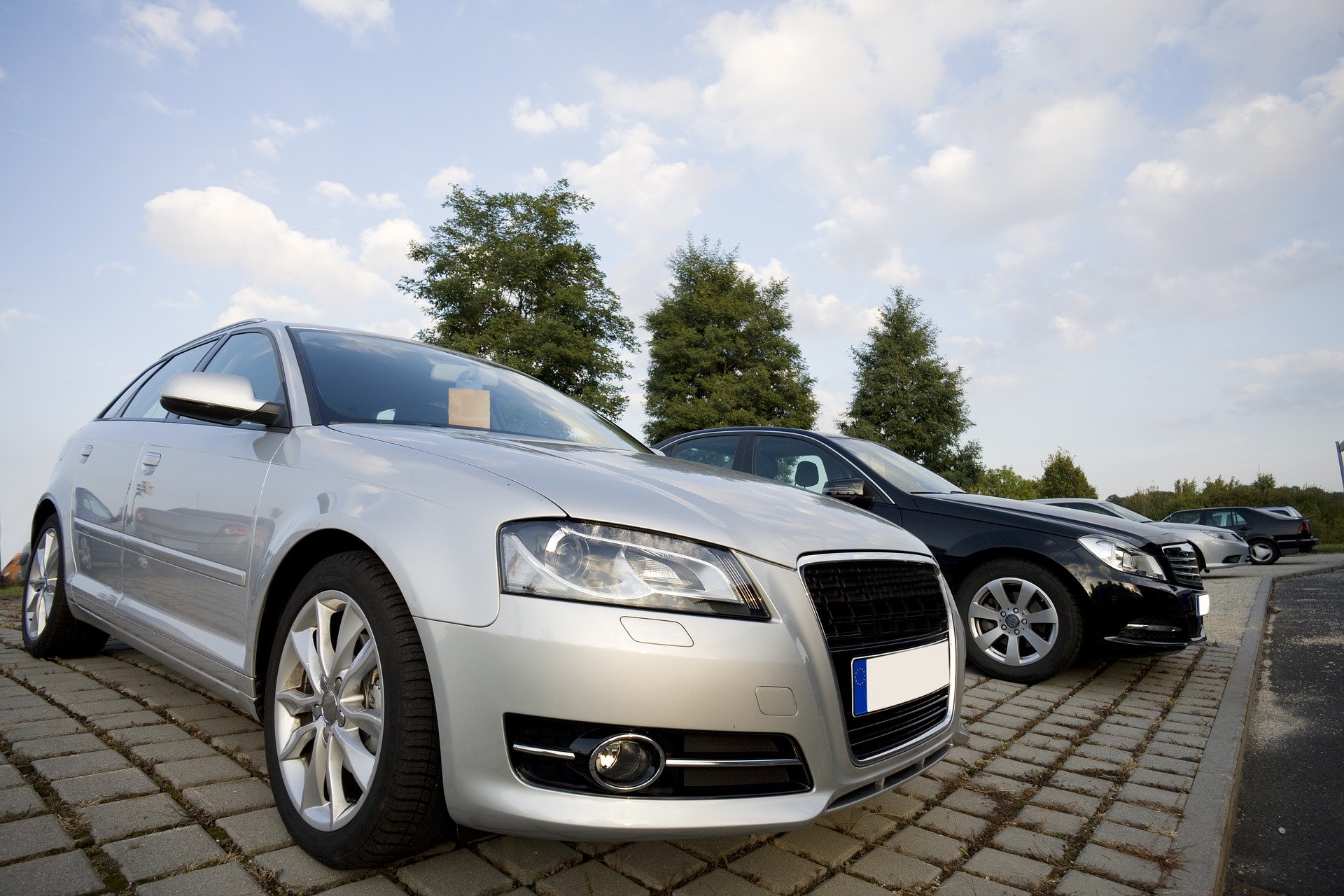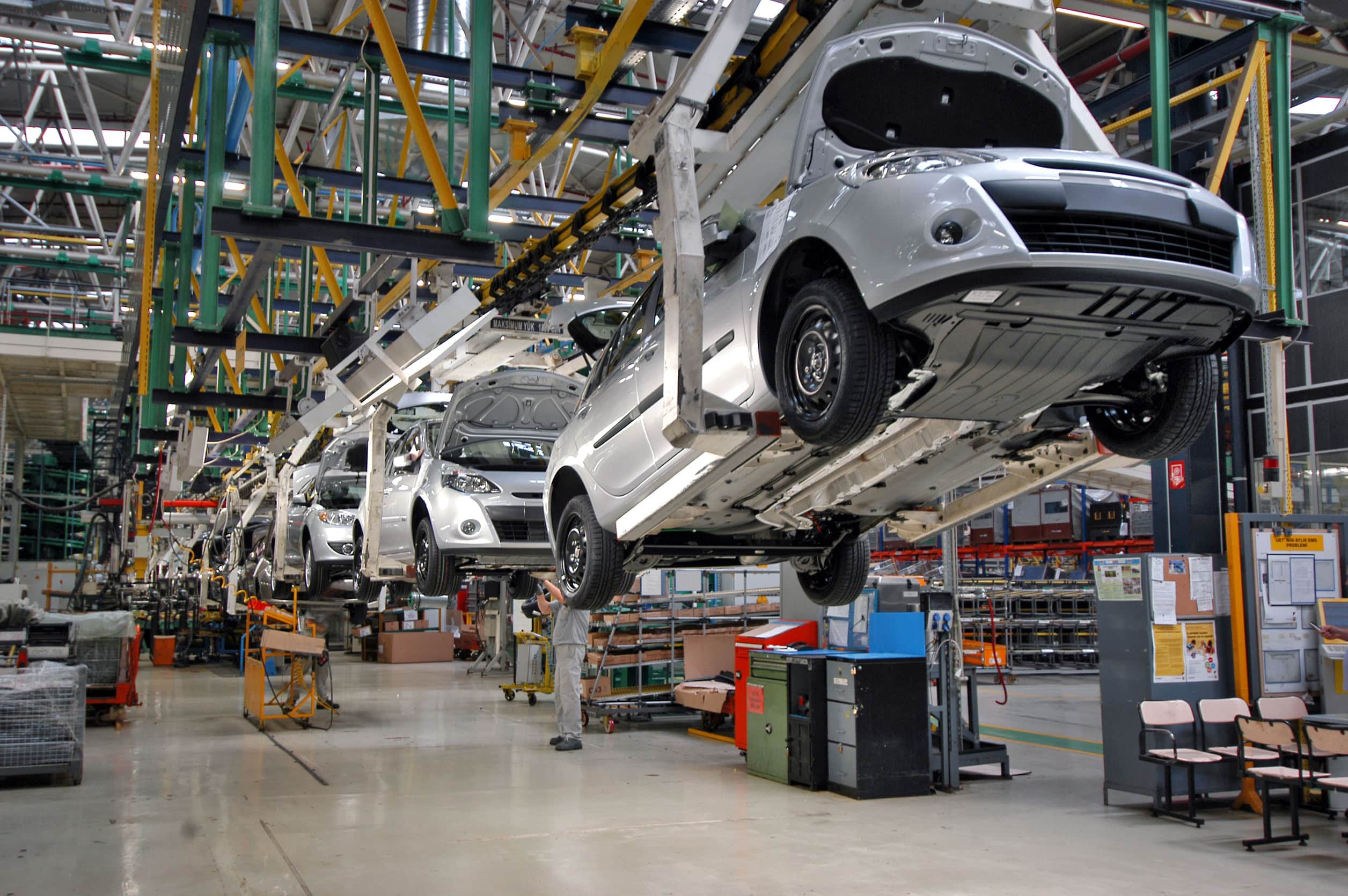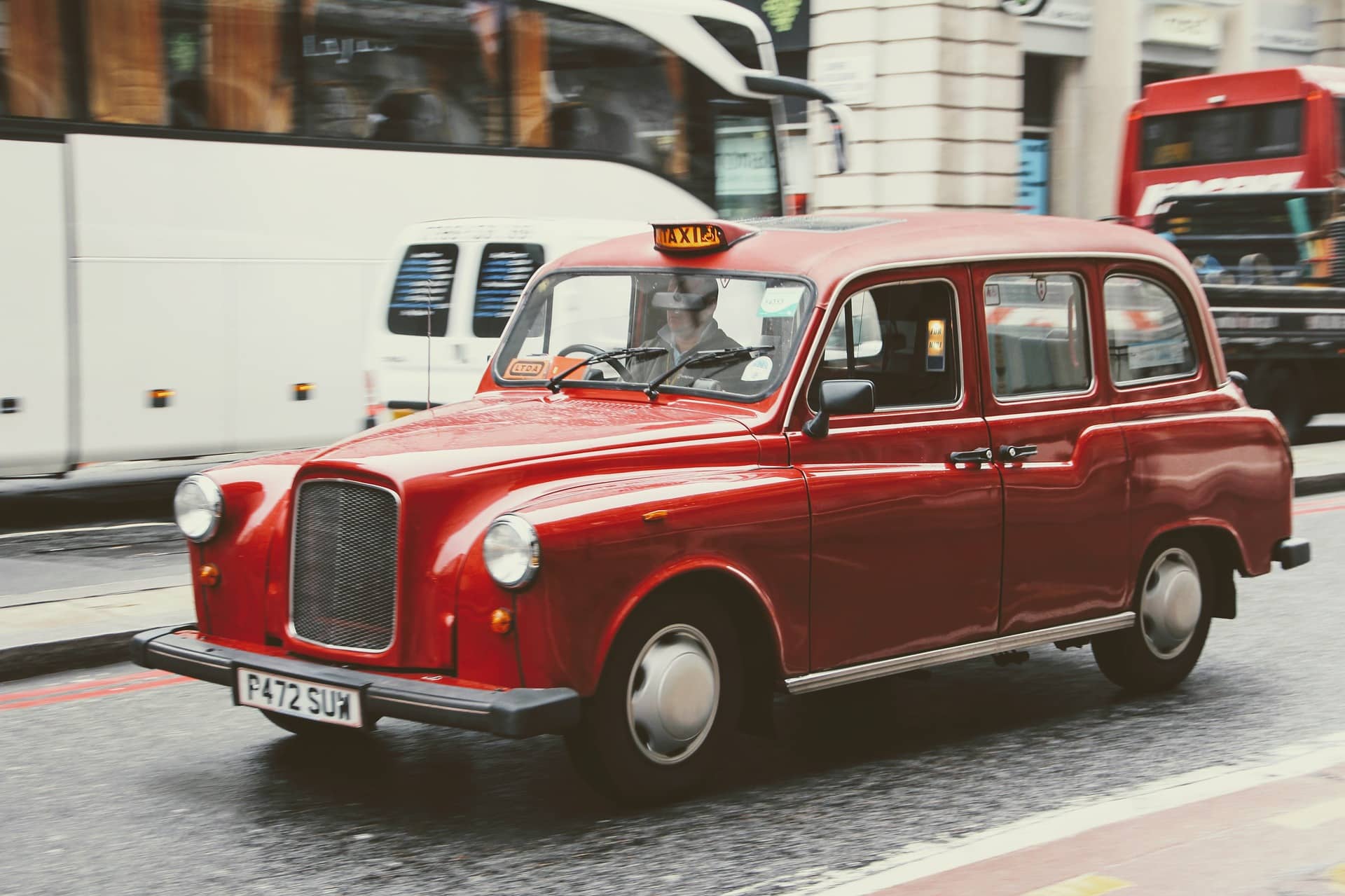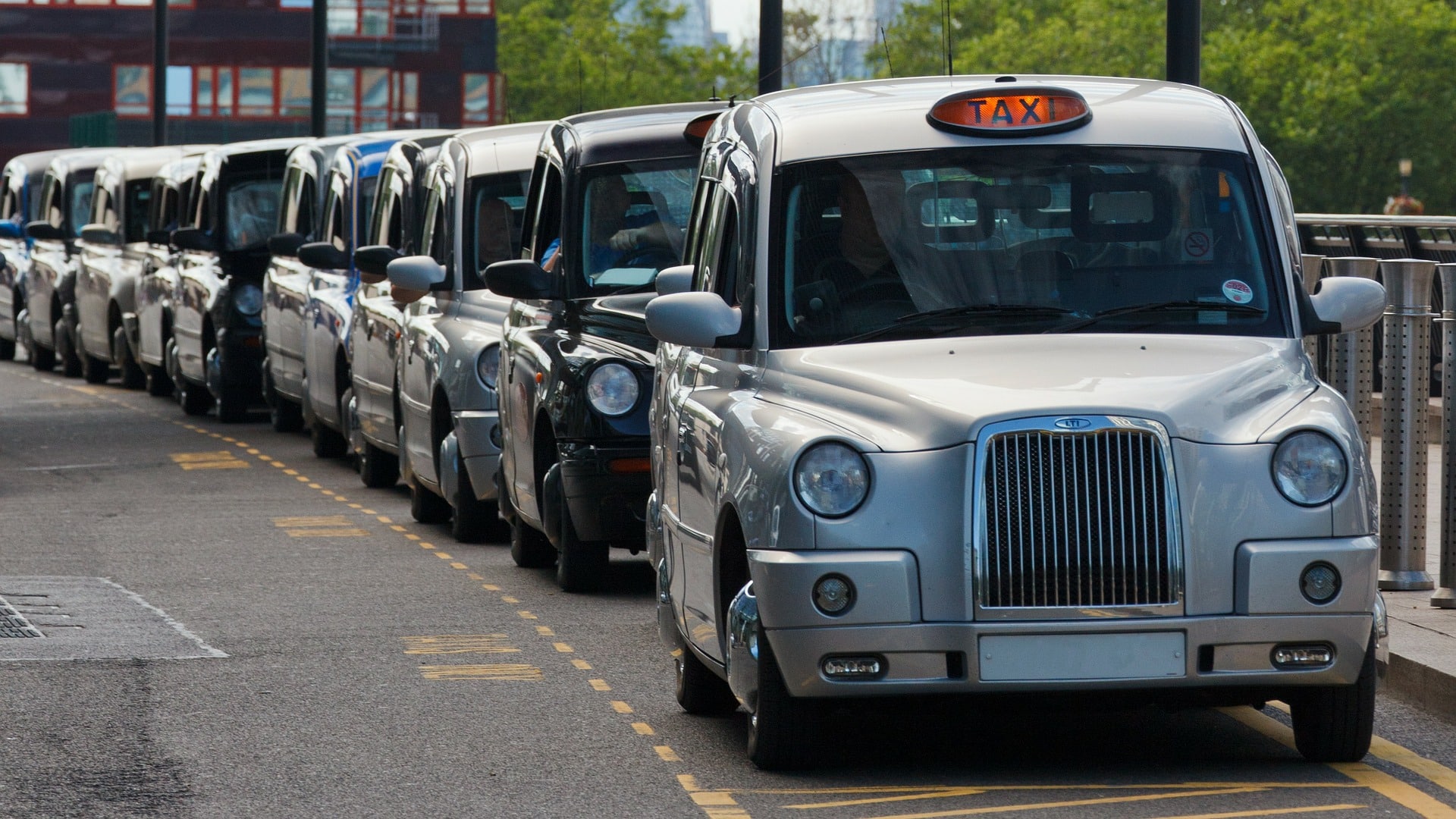The car market has benefited from the reopening of showrooms across the country after being closed for months due to Covid-19. Although, while the pandemic increases the speed of digital transformation, most prospective car buyers still want to visit a showroom before making their big purchase.
A recent survey of 2,000 UK drivers commissioned by an online comparison site found that more than three-quarters of buyers still prefer to visit a showroom. Additionally, it highlighted that showrooms are especially popular with those over the age of 50 as 81% bought from a showroom, in comparison to 66% of 18 to 34-year olds.
The used car market in the UK started to pick up post-lockdown with sales 3.4% higher during the first ten days of June in comparison to the same period in 2019. This is according to INDICATA data.
Sales of used cars look even more positive when viewing the seven-day period from 4-10 June, as sales grew 13.3%. This means that around 12,000 used cars were sold each day, which is where the market was before the coronavirus lockdown.
However, INDICATA’s data suggests that dealers in the motor trade industry are more wary about replacing sold stock, as sales exceed supply by 71%.
Due to this move, the UK dealer network is short of 100,000 used vehicles when compared to pre-lockdown levels. This may result in traders clambering to source stock in the weeks ahead to avoid forecourt spaces being left vacant.
In the first 10 days of June, the prices of used cars have increased by 0.5%, there’s no doubt that there will be winners and losers after the lockdown. Sales of hybrid vehicles were up 22% year over year, while diesel didn’t fare as well with sales falling by 8%.
Car sales in the 0-3-year-old sector have dropped by 6.5%, while the 6-9-year-old and 9-12-year-old sectors have both risen by 10%. This reaffirms the changes in the market towards older and cheaper vehicles. Expectedly, not many want to buy a brand-new car during a period of economic uncertainty.
Impressively, the luxury and sports car sectors have seen massive growth, both up 29.8% and 39.9% respectively. SUVs saw growth of 11.2% and remain popular amongst motorists. Unfortunately, MPV and small car sector sales were down by around 12% and 5.5% compared to the same period in 2019. No doubt, these market trends will have a noticeable impact on the car insurance industry in the future.
INDICATA UK’s business development manager, Neil Gilligan, said: “It is surprising how quickly the used market has bounced back from the Covid-19 lockdown. With reduced output from car makers and fewer dealer part exchanges and ex-fleet cars coming into the market then demand should exceed supply throughout the rest of 2020 with prices continually strong.
He adds that: “German dealers opened on the 20 April and experienced a swift bounce back to pre-lockdown levels like the UK has, and used car sales have continued to grow. This could bode well for the UK market for the rest of the summer.”
ADESA UK conducted research in June asking dealers how they plan on restocking as showrooms start to reopen. 78% stated they will be looking at alternatives to visiting physical auctions, while 60% will use digital auctions. After lockdown measures are further eased, only 11% of traders would be inclined to attending a physical auction.
Jonathan Holland, managing director of ADESA UK, said: “This research shows how dealers restarting their businesses are discovering the efficiency and safety of a digital approach which enables them to adhere to social distancing rules when restocking.
“One of the consequences of the COVID-19 crisis is that dealers are now more comfortable with transacting online and are migrating from physical to digital auctions to replenish stock,” he added.
As lockdown restrictions began to ease in May, new car registrations started to show signs of improvement across Europe. It will be interesting to see how quickly the market can rebound in the months and years ahead.





